
Stuck at Home; Keeping myself sane
Gangs of Derventio
I’ve been looking around for an alternative setting for a Gangs of Rome campaign, and I didn’t want to set it in Rome. I’ve been thinking about setting it in Britannia for a while, and did initially consider Londinium, but this felt a bit obvious.
This prompted me to go more rural, and I wanted to set a campaign that was localish to where I live. Now the most obvious locations near me would be York or Chester, but yet again I decided these locations were still too large. Then it dawned on me, a few years back I did a desktop survey of Derby or as the Romans called it Derventio.

The plot for the campaign will around the lead and silver industry, the gangs have been sent north from Londinium to try and take control of the lead and silver industry. Not only are there gangs from Londinium but also from Eboracum (York) and Deva Victrix (Chester) all trying to gain control of the lead and silver.
It was originally a Roman military location bit a small town grew up around it, probably because of the lead mines in the Peak District not that far away. The idea was that gangs had moved into the area, which would include Aquae Arnemetiae (Buxton) , Castrafeld (Chesterfield) and Melandra/Ardotalia (Glossop).

Aquae Arnemetiae was a small town in the Roman province of Britannia. The settlement was based around its natural warm springs. Today it is the town of Buxton, Derbyshire in England.
Castrafeld was a Roman Fort along with two vici nearby the Roman military site. This would have been the equivalent of a small rural town.
Melandra/Ardotalia is a Roman fort in Gamesley, near Glossop, there was also a Mansio or posting station nearby, along with a large vicus or local town sized settlement. Several of the local farmsteads were owned by veterans who had completed their length of service.
Derventio
Established in the latter part of the first century by the Romans, the military role of this vital river-crossing was diminished as a prosperous small town emerged.

Derventio was occupied for 40 years as a military location until around 120AD. To put this in context, the Emperor Hadrian visited Britannia in AD120 and ordered his wall to be built. Though Britannia always had a large garrison, focus now changed to industrial production. Derby produced pottery and had access to the lead mining to the north in the Peak District, later it became a centre for metalworking. This continued for the next 200 years.

Scenario suggestion – Steal the Silver
Description: The shipment of silver is being transported from the mine to the local warehouse before being sent on to Londinium. Players are allowed 100 coins of fighters and Denarii for this scenario.
Location: On the outskirts of the Vicus, the building will a combination of workshops, round houses and simple Roman buildings. There will be carts and scattered stalls in the area.
The Silver Convoy: This is made up one cart, with a driver and labourer, which is guarded by 2-3 guards.
Deployment: Players deploy their gang members on opposite edges, the silver cart is placed in the centre.
Mob Justice: The mob will become active once the gangs attack the cart, they will come to the aid of the silver workers. They will move straight into rage state with no dice rolling required.
Gang Mission: The gangs are determined to steal the silver as this will aid them when they try to setup a protection racket on the silver merchants at a later date.
Winning: The gang that manages to steal the cart and take it off they’re own table edge wins the game.
Loosing: If the gangs are beaten back by a combination of the silver workers and the mob, then they loose and limp off in disgrace.
This scenario should be played out in 7 turns.
Other scenarios could include attacks on a local villa, bribing officials, attacking a rival gang hideout or rampaging through a small settlement causing fear and destruction.

































![TerrainFest 2024! Build Terrain With OnTableTop & Win A £300 Prize [Extended!]](https://images.beastsofwar.com/2024/10/TerrainFEST-2024-Social-Media-Post-Square-225-127.jpg)
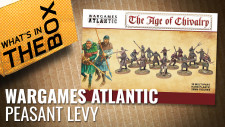

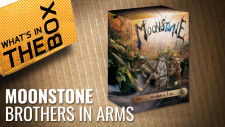









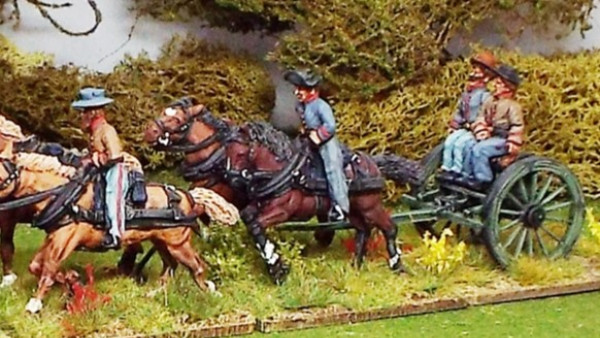
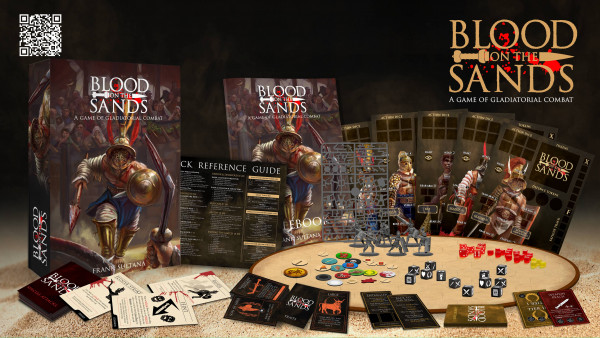

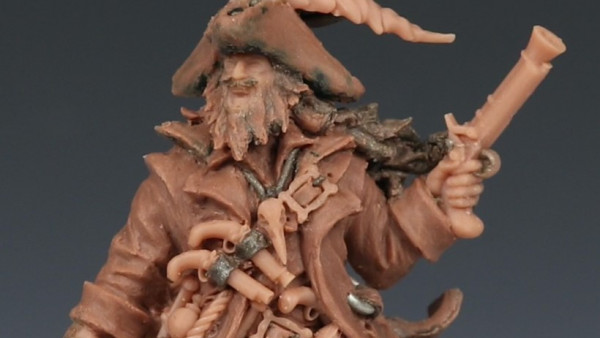
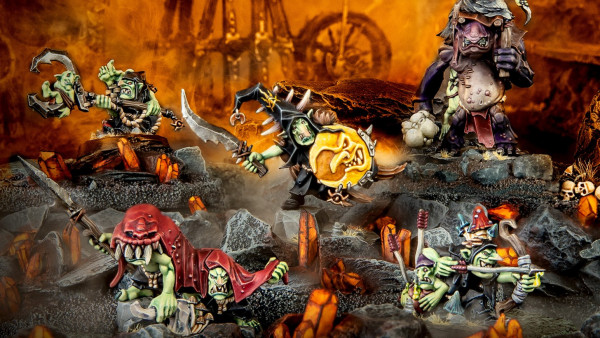
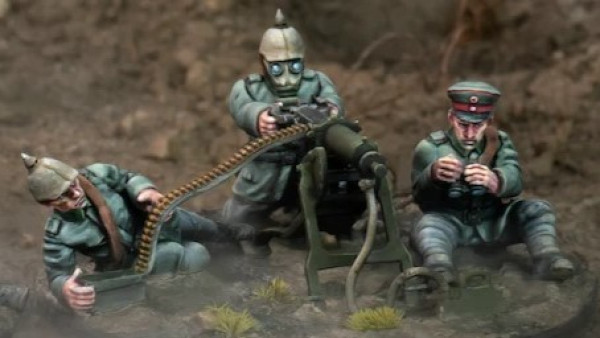

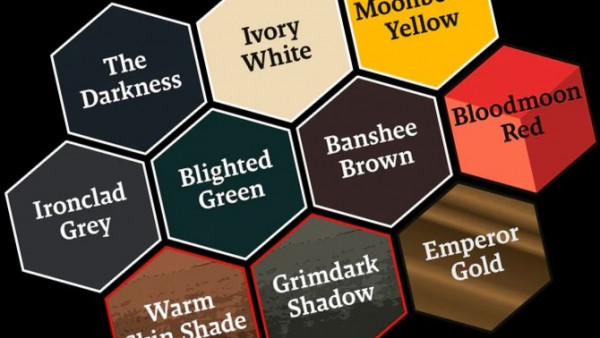

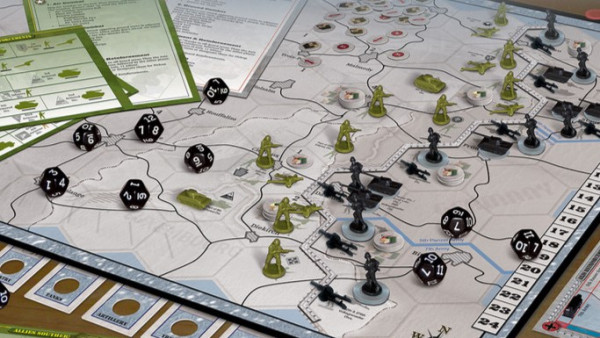
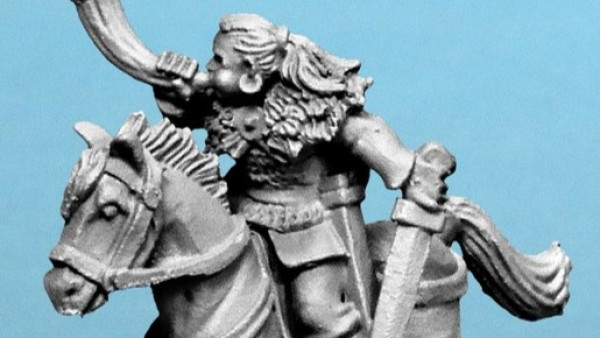











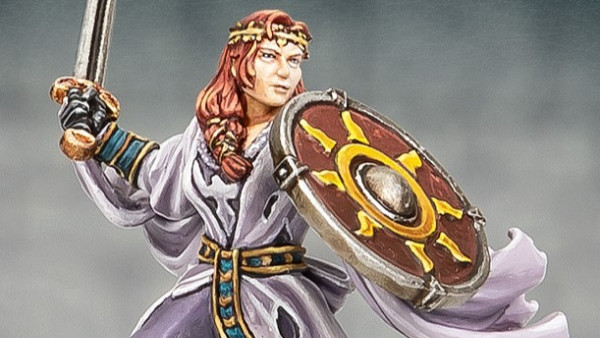
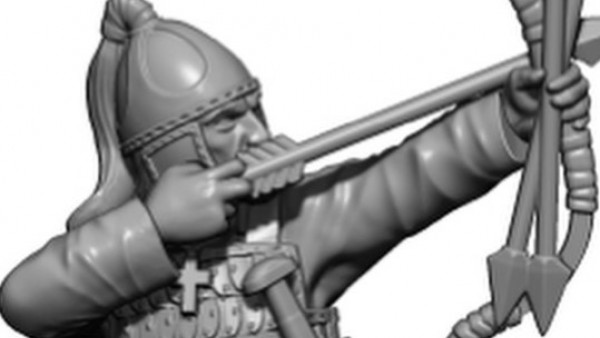
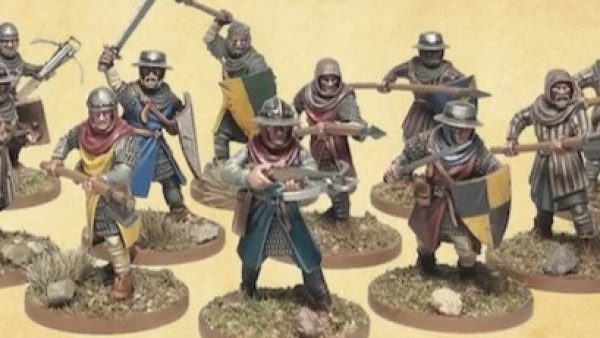
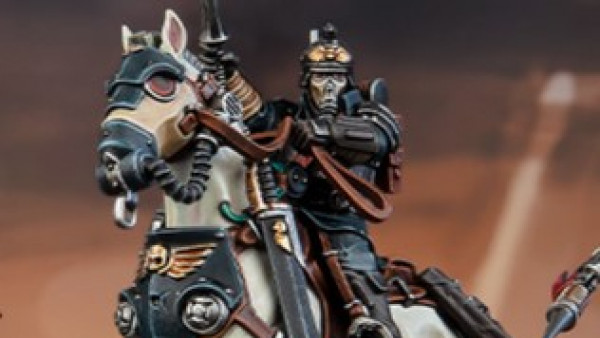


Leave a Reply